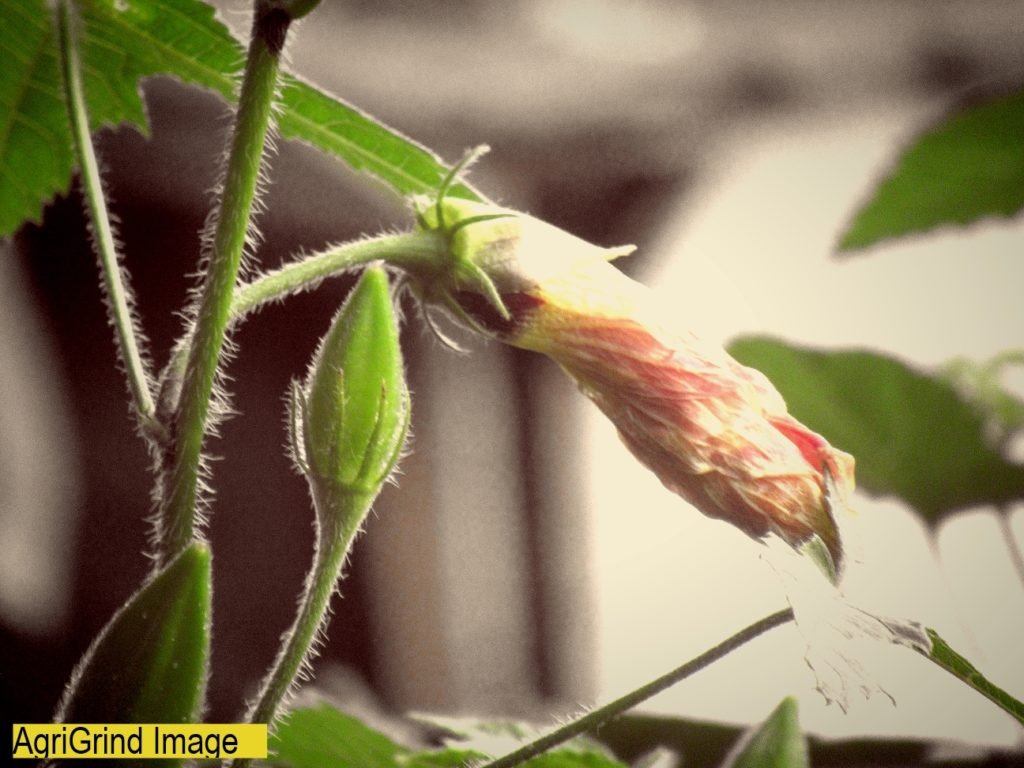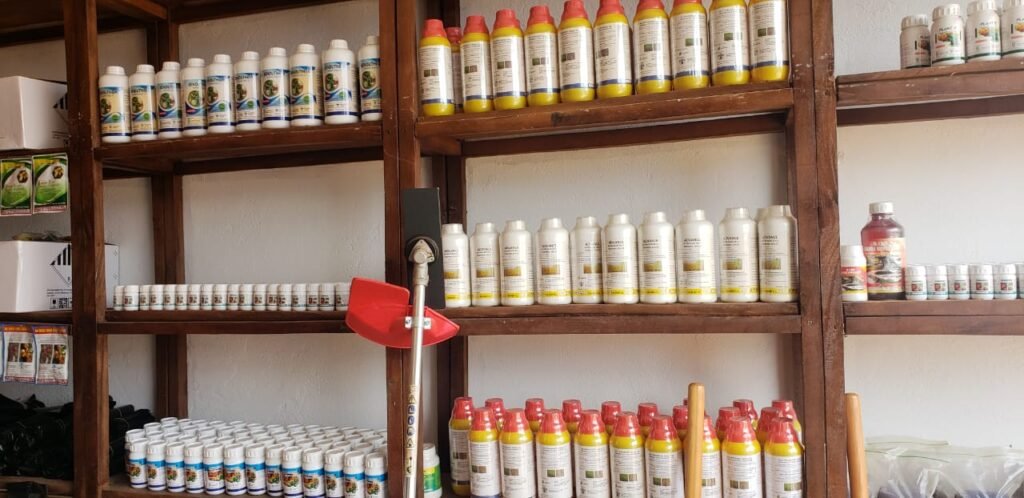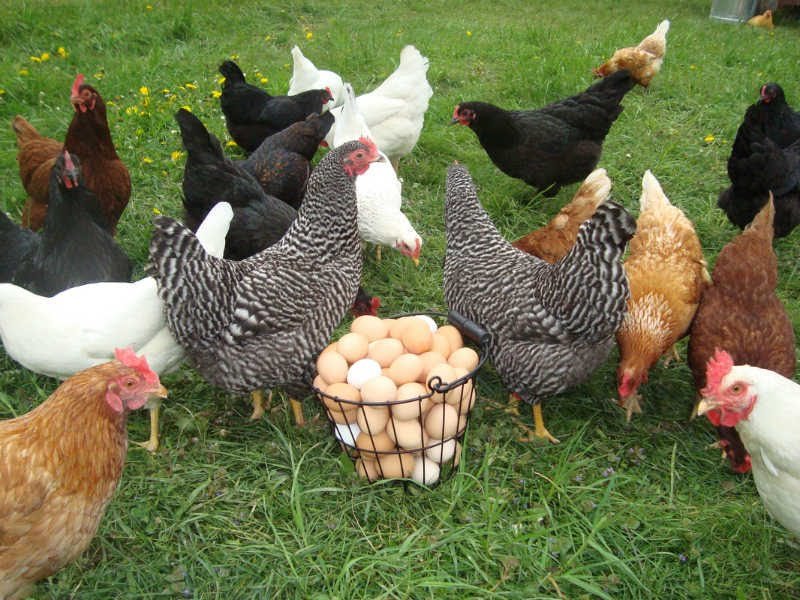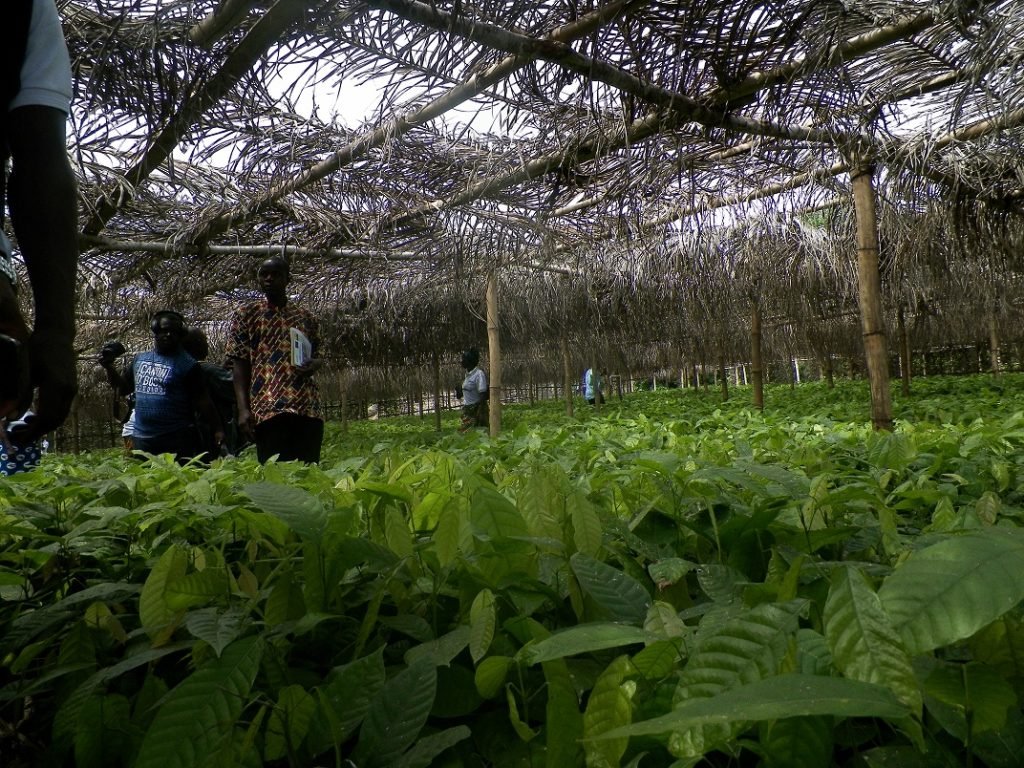Considerable factors for successful Okra farming in Liberia

Okra an indigenous plant to tropical Africa has many nutrients which offer various health benefits. Okra is a rich source of vitamins and minerals. Major vitamins found in okra are A, B, C, E and K vitamins. Also, minerals found in okra include iron, calcium, magnesium, and zinc. These nutrients make okra important for preventing constipation, lowering cholesterol level, boosting the immune system, protecting the heart in clotting among others.
Moreover, in Liberia, okra is used in making varieties of soups. Households, restaurants and hotels’ kitchens are major consumers of the vegetable. Okra soup is usually served with rice or GB (food prepared from grated cassava) in Liberia.
Agro-Climate and Soil Condition: Okra can grow on all soil types. However, the plant grows very well in well-manured loamy-soil with pH 6.0 to 7.5. In Liberia, areas, where okra grows, have a record rainfall of 2030 to 2540mm. Okras are usually planted during the dry-season in Liberia.
Varieties: okra varieties vary according to countries. However, in Liberia, Perkin’s Dwarf and Clemson’s Spineless are the most common varieties.
Cultivation: okra is propagated by seed. During sowing, two or three seeds are sown per hill with 60x60cm row and spacing, respectively. Thinning of okra seedlings starts two to three week after planting.
Diseases: Leaf curl and Powdery mildew are the two common diseases associated with okra production. Leaf curl results in stunted plants and leaves become small and cup-like. Also, Powdery mildew covers leaves with white growth which turns brown when dry. Sulphur-based fungicides are used to control and remove weeds.
Fertilizer Application: Apply NPK 15-15-15 at 220 kg/ha at planting. During flowering, apply 110-150 kg/ha of Sulphate of Ammonia or 75 kg of Urea. [the Ministry of Food & Agriculture of Ghana]
Harvesting: Plants start to bear fruits or pods 2 to 4 months after planting. Fruits (pods) are hand-picked or by snapping them off the stem when their tip is still tender. Fruit picking continues for another two months and after this time the plant is allowed to set seeds for future sowing.






I am from Bong county Liberia and I have developed interest in undertaking various agriculture projects whenever I return to the homeland in a very near future. I want to do rabbits, fish, snails, okra, yam, and groundhogs farming in Bong county Liberia. Is there any way that CARI can be of an assistant to me? Please answer me. Thanks and be blessed.
My comment has nothing to do with okra farming. I just want to know if Cloves can grow in Liberia?